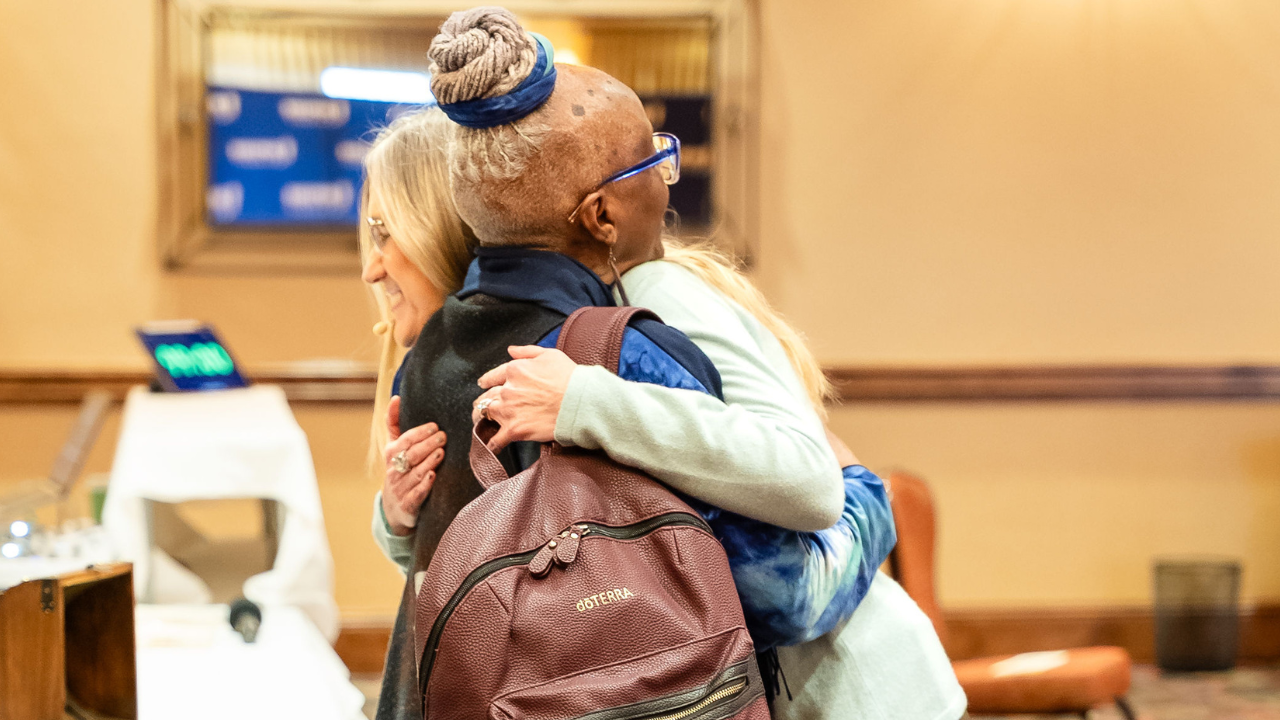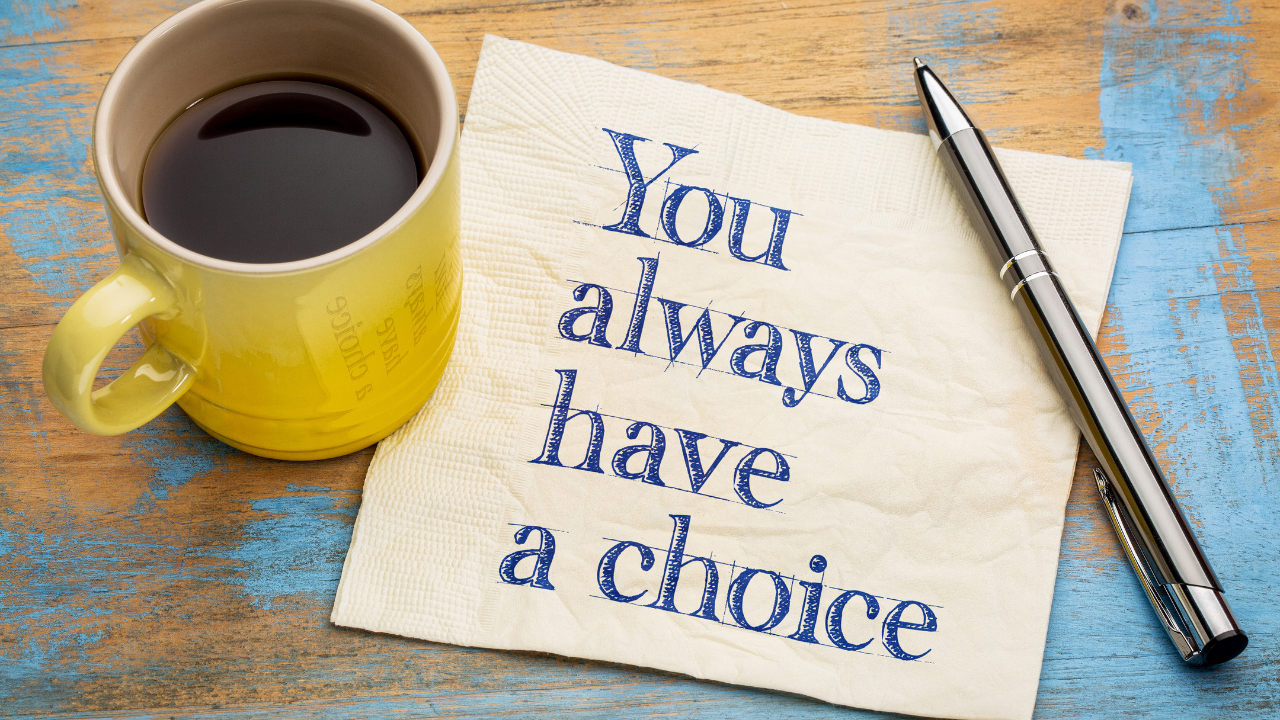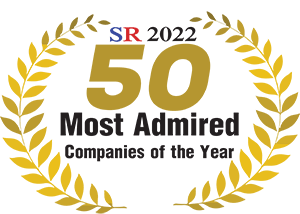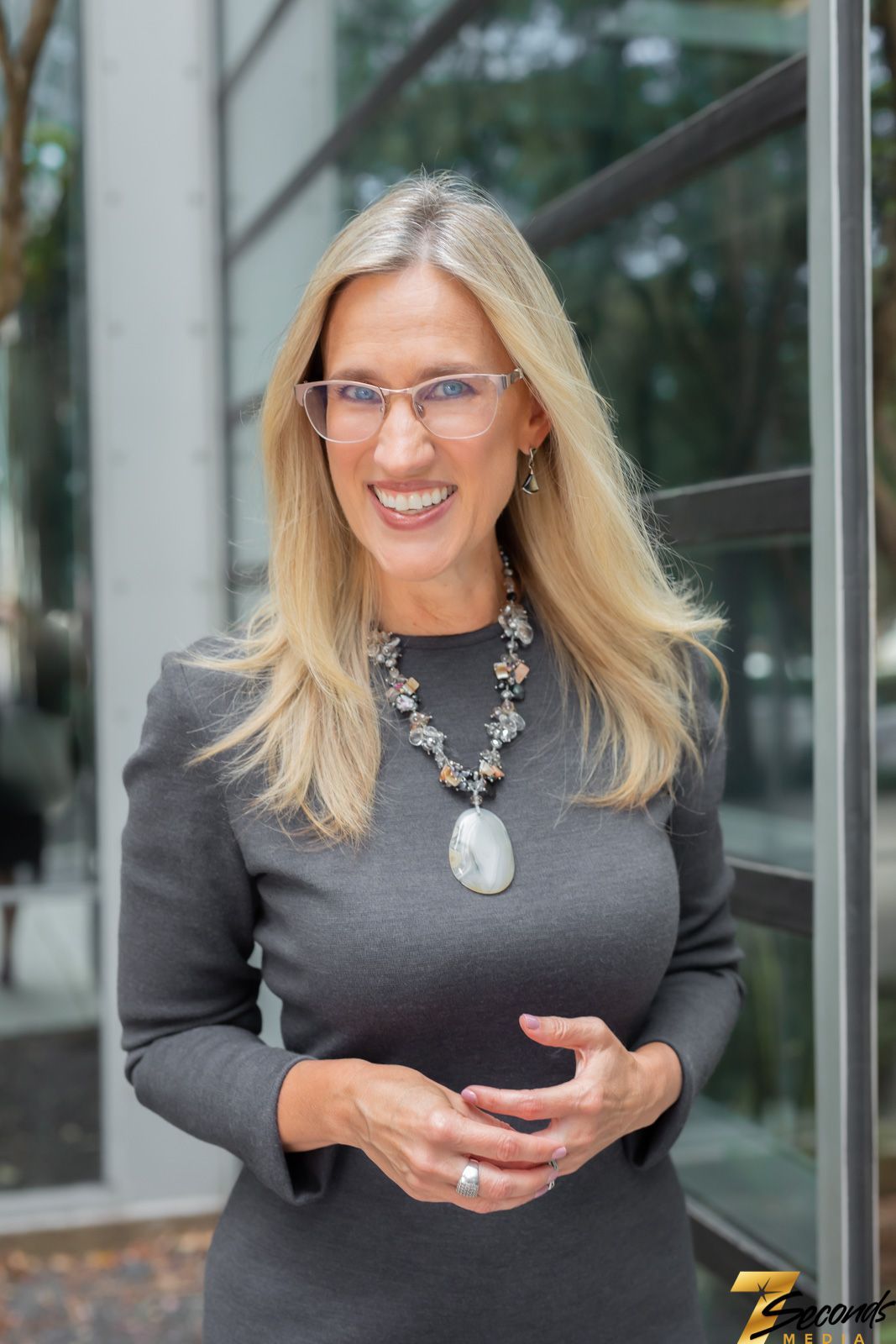Do You Have an Emotional Regulation Strategy?
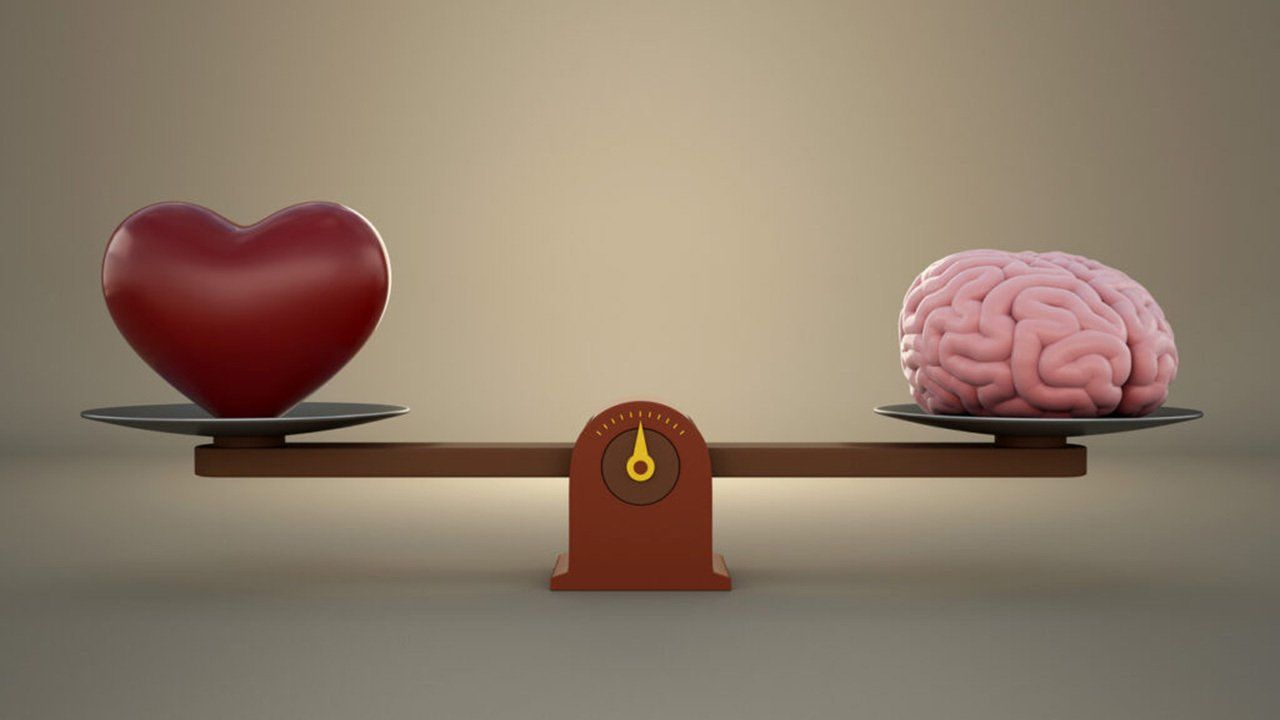
While I’m a leadership coach, I want a client’s entire life to be filled with ease, not just their career or business life.
This means being aware of what is going on in their individual personal life — physically, emotionally, mentally, financially, spiritually, and relationally.
Yesterday was Valentine’s Day which can be a tender time for leaders who appear to have it all together in the work arena.
Perhaps you understand…
This also means paying attention to the collective energy on the planet which has continued to be unsteady at best.
One of the greatest gifts you can give yourself is to have an emotional self-regulation strategy especially in times of uncertainty.
I learned this as I lived through 9/11.
This is why at the onset of negative news around the global pandemic, I met with my team to talk about ways to increase support in the areas of emotional resiliency for our clients and partners.
We added trainings and increased our touch points to foster open dialogue and lines of communication.
Our conversations weren’t solely about business or growth. They were about self-care, connection, and the stages of grief.
Many of our calls were simply about giving people a forum that included permission to feel and express those feelings.
The loss you may have experienced with access to jobs, friends and family, and countless unknowns (Will schools ever fully return? Will the virus get worse? Will racism ever be dismantled?) has made the burden feel heavier and heavier.
I read an article that spoke about the 2nd burnout wave in organizations as more people realize there is nothing normal about what is going on in their lives.
Yet, I’ve also had conversations with people who are thriving because of their emotional regulation strategy and willingness to lean in to what is.
Dr. Marc Brackett, founder and director of the Yale Center for Emotional Intelligence wrote a book entitled, Permission to Feel, where he outlines the concept of an emotional regulation strategy to feel better and move through challenging times with ease.
Emotions are simply biological states associated with the nervous system. A neuro-physical change in the body gets created because of your thoughts or feelings that evoke pleasure or displeasure. (Even scientists struggle to define them.)
Brackett defines healthy emotion regulation as: “The ‘thoughts’ or ‘actions’ we use to prevent, reduce, incite, maintain, or enhance well-being, build positive relationships, make sound decisions, and attain goals.”
The 7 areas to create your own emotional self-regulation strategy are:
1. Physiologic regulation (deep breathing, paying attention to your body)
2. Self-Care (sleep, nutrition/diet, exercise)
3. Healthy Relationships (feeling valued, loved, appreciated, and feeling safe)
4. Managing your thoughts (positive self-talk)
5. Managing your life smoothly (routines, habits, rhythms)
6. Engaging in meaningful activities (doing things you love)
7. Forgiveness (giving yourself and everyone else permission to get it wrong – and to forgive)
Dr. Brackett shares you don’t have to have all seven in place at any one time – and there isn’t a right formula.
It’s like the 7 Pillars of Leadership I speak about at Design Your Destiny Live as what is important is creating a strategy that works for you, so you can do your best work and your people can connect with your best self.
When I speak with colleagues and clients, I can see how by consciously managing these areas to achieve greater regulation and resiliency, they’re creating new projects, opportunities, and growth avenues.
I’m feeling their vitality to capitalize on innovative ways to engage in virtual forums.
The good news is, these leaders have the kind of energy that inspires and lifts others around them.
ACTION: The Upside Challenge of the week is to rate yourself in each area of emotional self-regulation.
What area you want to commit to giving more energy to?
What area you want to celebrate your success in?
What area do you want to share with others?
The world needs you and your brilliance.

